A clean kitchen is essential for both aesthetics and hygiene, but burnt grease on the stovetop can be a challenging foe. It not only looks unappealing but can also emit unpleasant odors if not addressed promptly. Fortunately, there are effective methods to tackle this stubborn residue. Below, we outline several techniques to remove burnt grease from your stovetop effectively.
Other Topics You Might Like
Helpful Products You Might Like
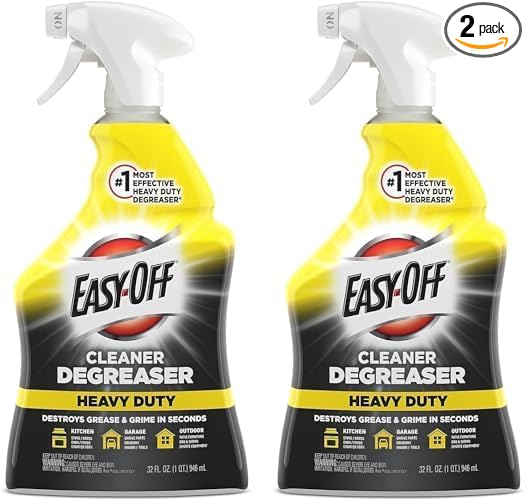
Easy Off Heavy Duty Degreaser Cleaner Spray
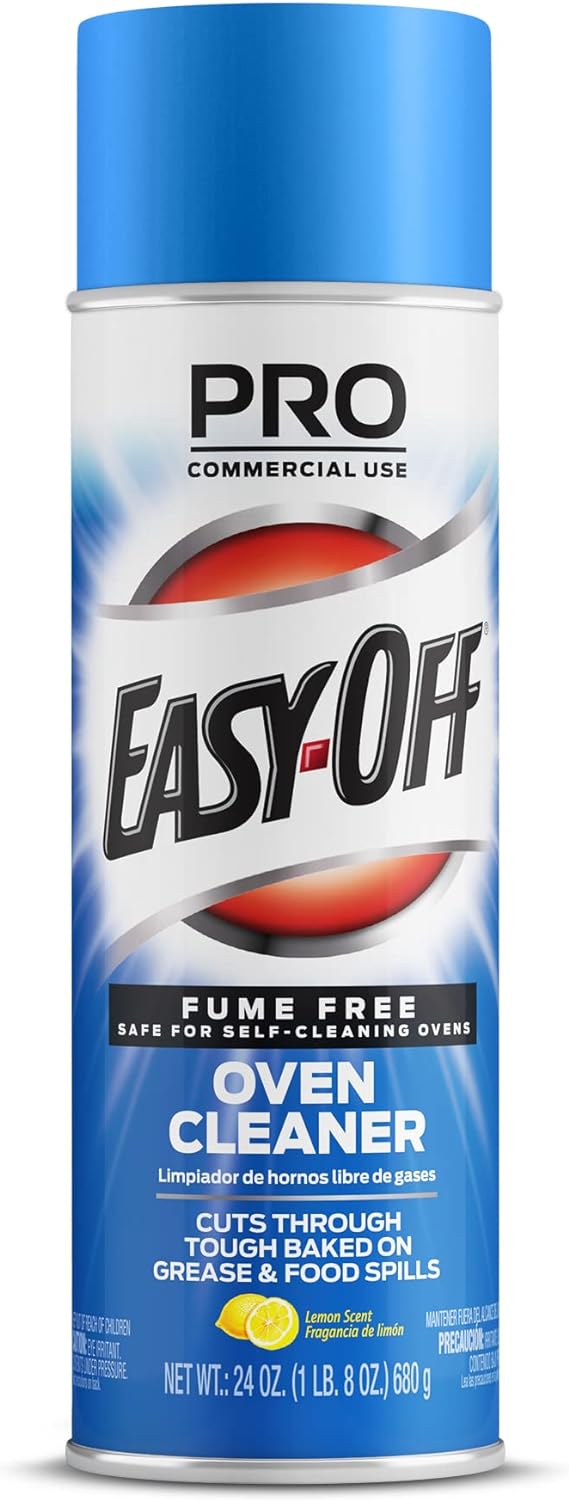
Easy Off Fume Free Max Oven Cleaner
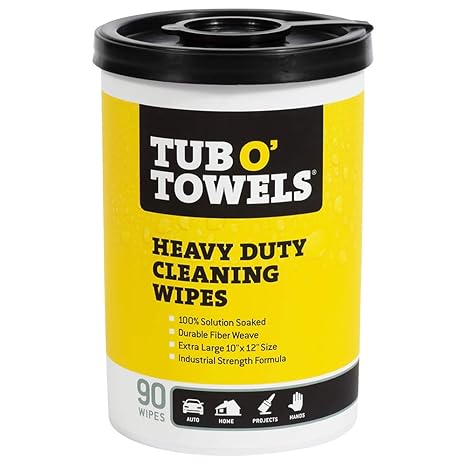
Tub O Towels Heavy-Duty Cleaning Wipes
"(Paid Links)" 
Gather Your Supplies
Before you start the cleaning process, gather the necessary supplies. You will need.
Having everything on hand will make the process smoother and more efficient.
Allow the Stovetop to Cool
Before attempting to clean your stovetop, ensure it is completely cool. Attempting to clean a hot surface can lead to burns and might spread grease further. Once cooled, wipe away any loose debris with a dry paper towel.
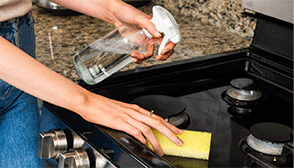
Baking Soda and Vinegar Method
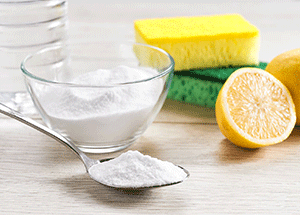
The combination of baking soda and vinegar is a powerhouse duo for cleaning. Here’s how to use them effectively.
Step 1
Sprinkle Baking Soda
Generously sprinkle baking soda over the burnt grease stains. This will act as a mild abrasive and help lift the grime.
Step 2
Apply Vinegar
Next, spray or drizzle white vinegar over the baking soda. You will see it fizz and bubble, which is a sign that it’s working to break down the grease.
Step 3
Let it Sit
Leave the mixture for at least 15-20 minutes. This waiting period lets the ingredients penetrate the grease, making it easier to scrub away.
Step 4
Scrub Gently
Using a soft sponge or cloth, gently scrub the area. If needed, use a plastic scraper to carefully lift stubborn spots without scratching the surface of your stovetop.
Step 5
Rinse and Wipe
Once the grease is removed, rinse the sponge or cloth in hot water and wipe down the stovetop to remove any residue. Finish with a dry cloth for a streak-free shine.
Dish Soap and Hot Water Method
For lighter stains or if you prefer a simpler approach, dish soap mixed with hot water can be effective.
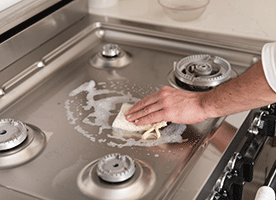
Step 1
Create a Soapy Solution
Fill a bowl or basin with hot water and add a few drops of dish soap. Mix well.
Step 2
Soak a Cloth
Dip a clean cloth or sponge into the soapy water and wring it out to avoid dripping.
Step 3
Apply to the Stovetop
Place the soaked cloth over the burnt grease and let it sit for 10-15 minutes. This will help loosen the grease.
Step 4
Wipe and Rinse
After soaking, scrub the area gently, then rinse the cloth and wipe the stovetop clean with fresh water.
Commercial Cleaners
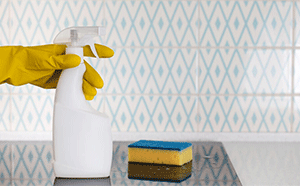
Consider using a commercial stovetop cleaner if the above methods do not yield satisfactory results. Choose a product specifically designed for your stovetop material, whether it's glass, ceramic, or stainless steel. Follow the manufacturer’s instructions for optimal results.
Prevent Future Buildup
Once you’ve successfully cleaned your stovetop, take steps to prevent future grease buildup.
Regular Cleaning
Wipe down the stovetop after each use to prevent grease from hardening.
Use a Splatter Guard
When frying or cooking, a splatter guard can minimize grease from escaping.
Be Mindful of Cooking Methods
Cooking at lower temperatures can reduce grease splatter.
Conclusion
Removing burnt grease from your stovetop doesn’t have to be a daunting task. With the right methods and supplies, you can restore your stovetop to its former glory. Remember to practice regular maintenance to keep your kitchen looking clean and fresh. A little effort goes a long way in maintaining a hygienic cooking environment, allowing you to enjoy your culinary adventures without the worry of stubborn grease stains.
